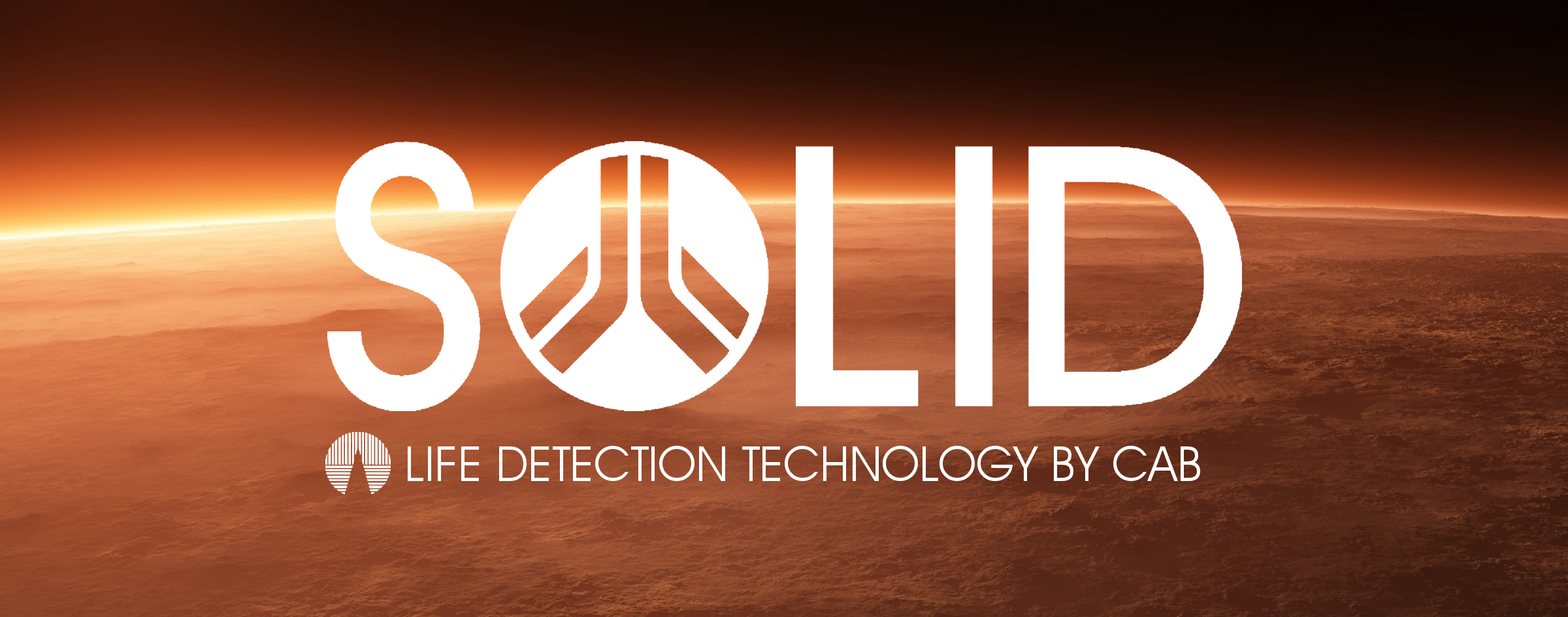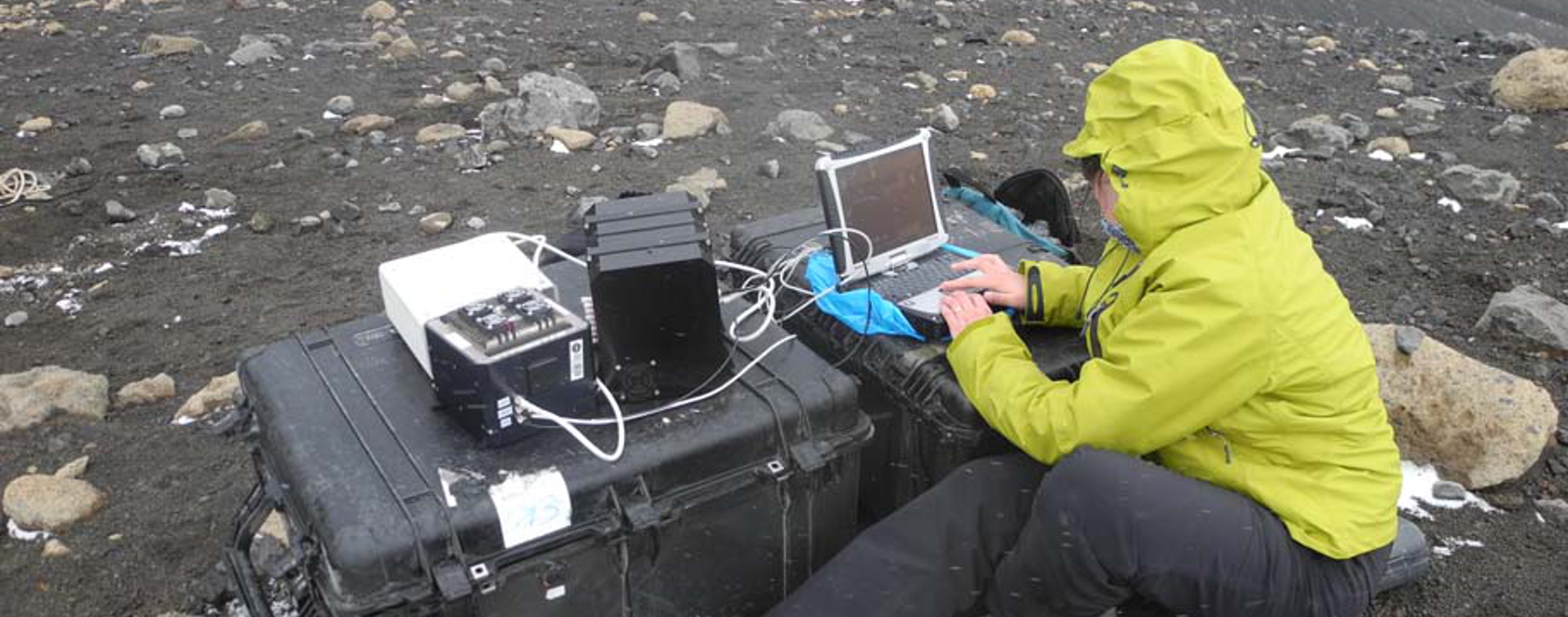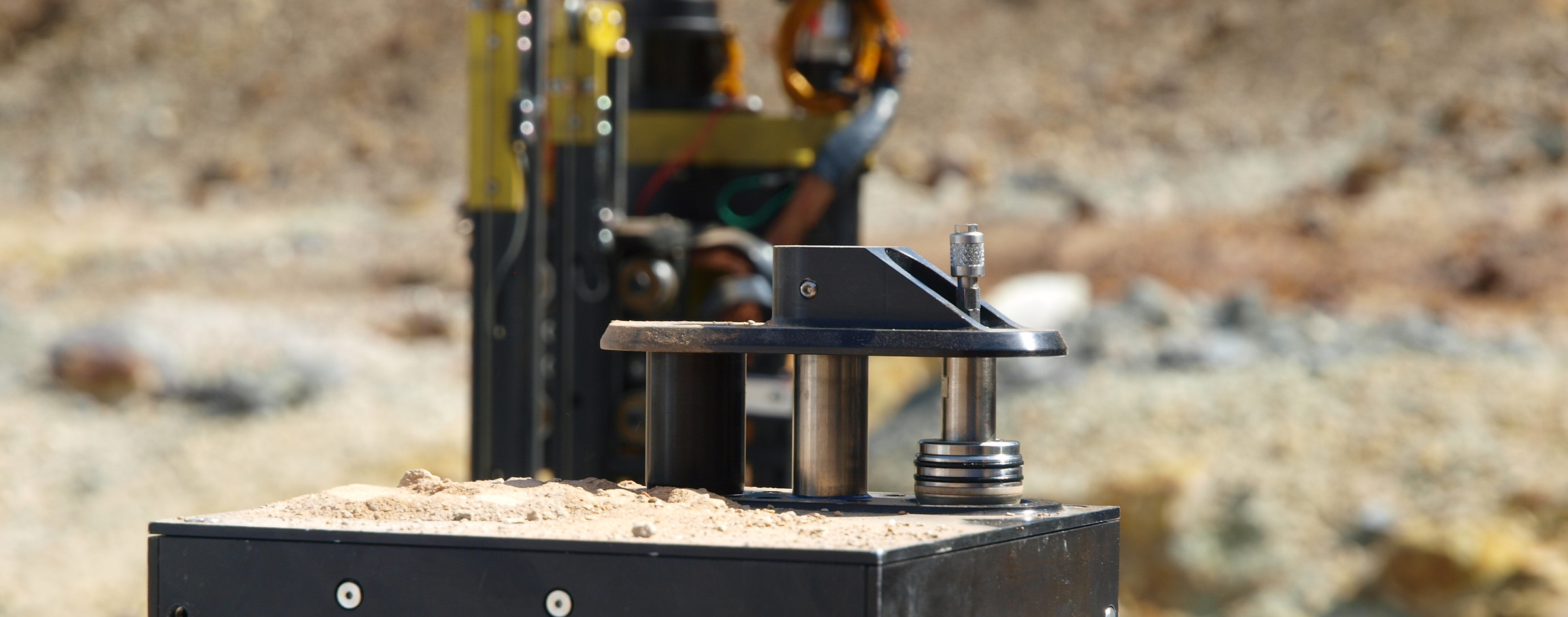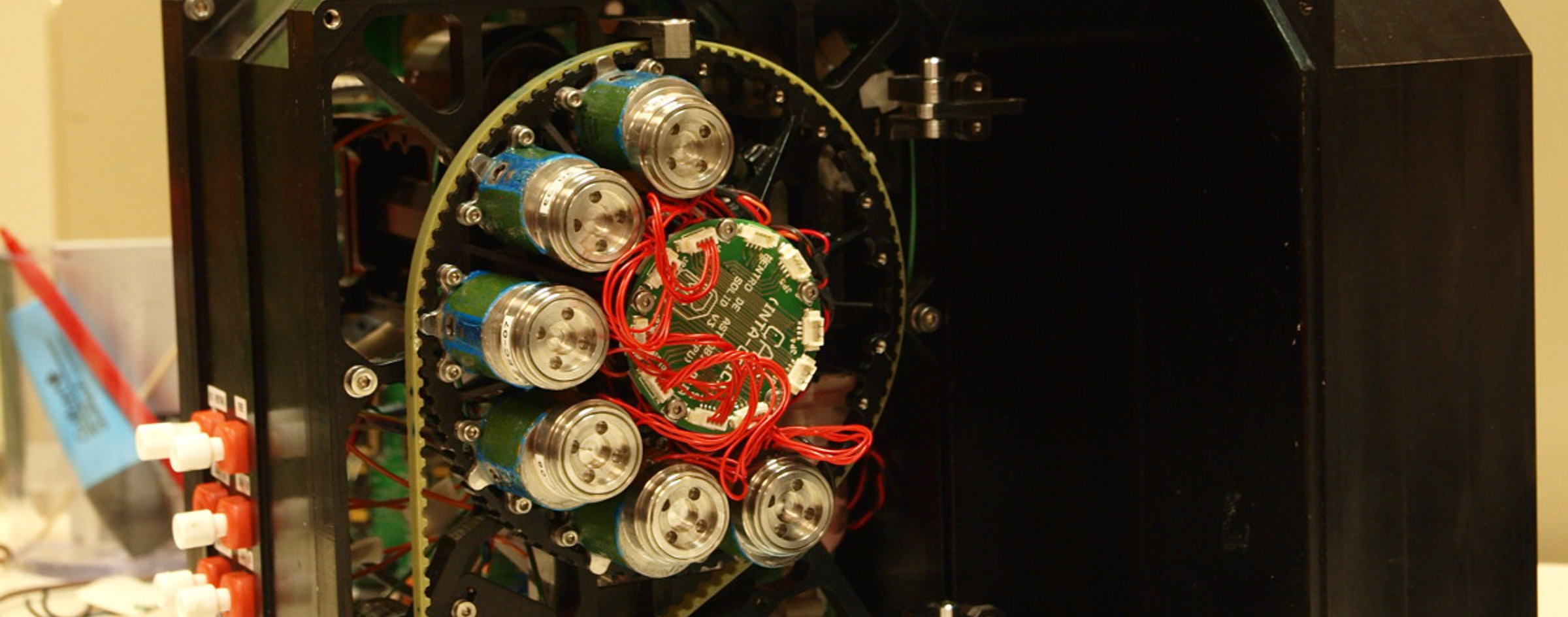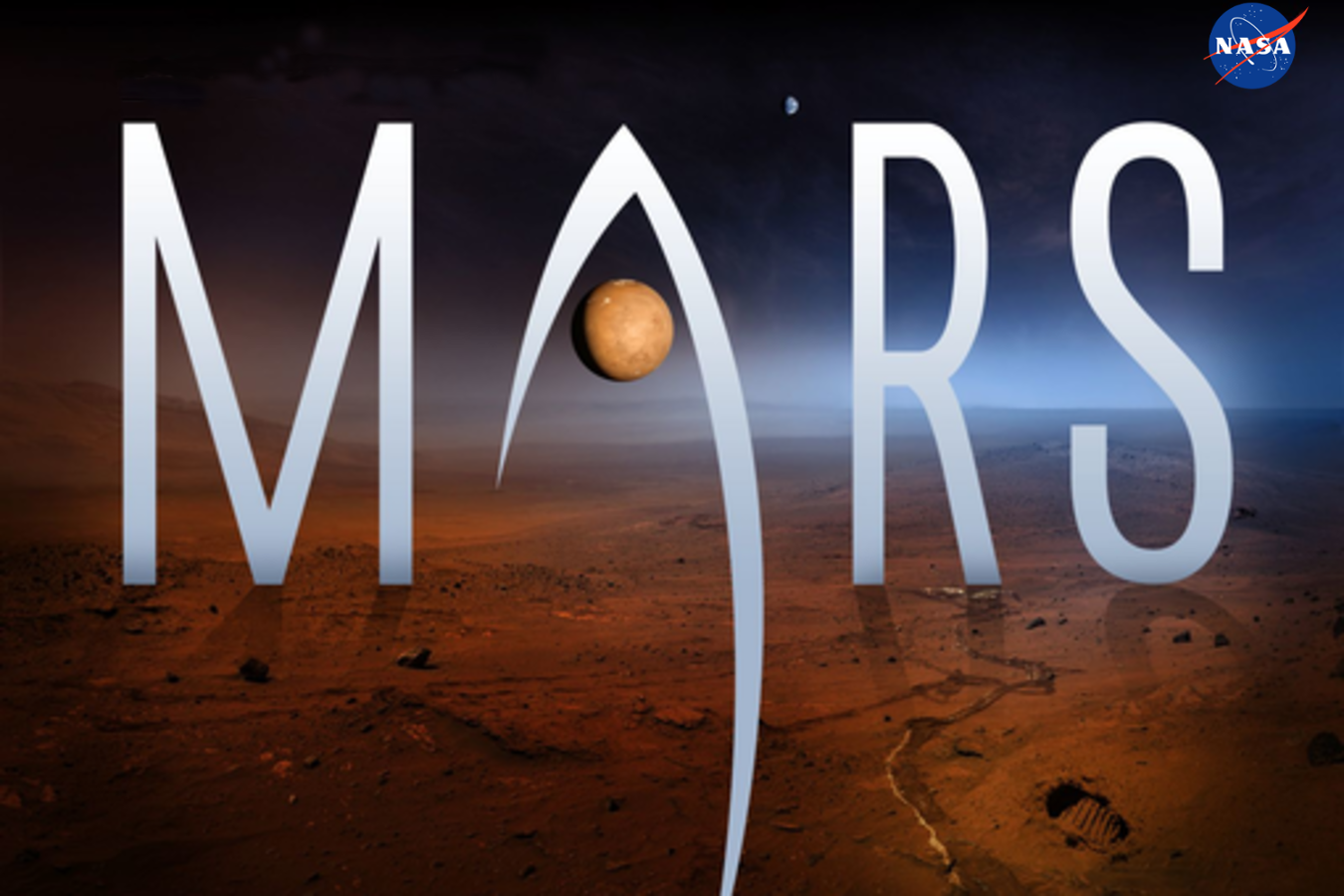SOLID (Signs Of LIfe Detector) is an antibody microarray-based instrument, designed and built for the detection and identification of microbes and biochemical compounds by in situ analysis of solid (soil, ground rocks or ice) and liquid samples Parro et al., 2005; 2008; 2011). Our system includes all the mechanisms, detectors and electronics needed to automatically operate and collect results. Current version (SOLID 3.1) is a portable field tested instrument that can use either sandwich or competitive immunoassays. SOLID3.1 can detect bacteria and large molecular weight compounds (mostly biological polymers such as proteins, polysaccharides, nucleic acids) from the environment as well as small molecular weight compounds. The core of SOLID is an antibody microarray biosensor, the so called LDChip (Life Detector Chip), capable of allocate up to 500 different antibodies to detect similar number of potential targets. Current version is LDChip451, which contains more than 450 antibodies to bacterial and archaeal strains, crude natural polymeric extracts, proteins, polysaccharides, nucleic acids, and small molecules such as aminoacids, or polyaromatic hydrocarbons.
Our hypothesis is based on the assumption that, under similar environmental conditions, organisms respond and adapt with similar strategies and molecular mechanisms. If we know and understand the terrestrial analogue environments to other planetary bodies, we characterize some of the life forms and the remains they leave in the medium, and develop systems for detecting them, then we could extrapolate this methodology for planetary exploration.
